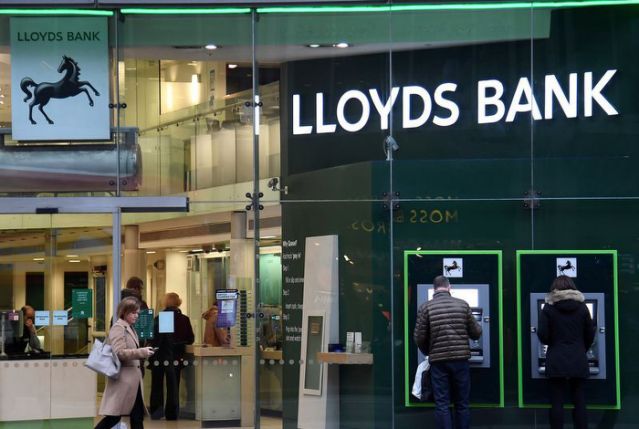Britain’s Financial Conduct Authority told banks and other lenders on Wednesday not to crack down on customers who will struggle after repayment holidays come to an end.
When the economy went into lockdown in March to fight the pandemic, regulators set out how providers of credit to consumers like personal loans, overdrafts, motor finance, buy-now-pay-later and pawnbrokers should offer payment deferrals.
Millions of consumers have requested three-month payment holidays. People can request a holiday until Oct. 31, meaning it could stretch to the end of next January.
The FCA set out guidance on Wednesday on how it expects banks and others to provide tailored support for those still struggling once a second three-month payment holiday ends.
Banks should provide support before a payment is missed, be flexible, such as by offering lower interest rates, or agreeing staged reductions in overdraft limits to minimise stress and anxiety for customers, it said.
They must not pressurise customers into repaying their debt within an unreasonably short period of time, the FCA said.
“Our proposals are designed to help people who have been facing payment difficulties because of the pandemic get back on track with tailored support from firms,” FCA interim CEO Christopher Woolard said.
“For those who can restart payments, it is in their best interests to do so.”
UK Finance, which represents lenders, said the industry has provided over a million credit card payment deferrals, 738,000 personal loan payment deferrals, and over 27 million interest-free overdrafts since the pandemic began.
Lenders stand ready to offer tailored support and flexibility to customers in difficulty due to the coronavirus, UK Finance said.
Firms regulated by the FCA are required to treat customers fairly at all times, and breaching this rule under the proposed guidance could lead to enforcement action.



